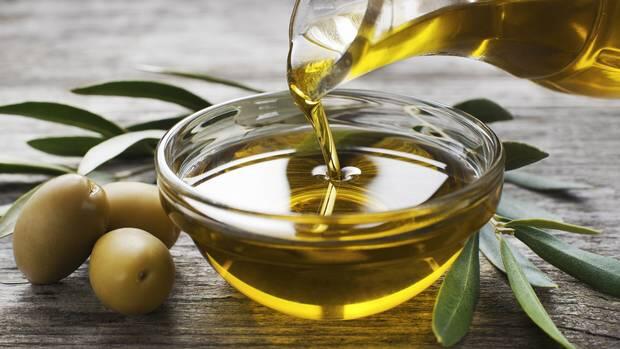Glencore PLC’s got oil trading covered these days, from the crude that drives the global economy to the dressing for your salad.
The world’s biggest commodity trader, which shocked energy-market watchers this month with a $15-billion investment with partner Qatar in Russian oil producer Rosneft PJSC, has been working at the other end of the scale by quietly building a two-person desk trading olive oil in Madrid.
Glencore is better known in commodities for dealing in big markets such as coal, copper, crude and wheat. But the Zug, Switzerland-based company also trades niche products from vanadium to chickpeas. The olive oil desk opened in the capital of the largest producer of the commodity about 18 months ago. While a spokesman for Glencore confirmed the information, the business is so small it doesn’t rate a mention on the company website.
Yet there’s money to be made from trading in increasingly volatile markets for the Mediterranean staple as olive trees have been affected by more erratic weather in recent years, including droughts, downpours, and pest outbreaks. World prices surged in 2015 to the highest in almost 20 years before sinking this year. Demand is also growing for the oil, known for its health benefits, in emerging markets from China to Russia and Brazil.
Poor weather and pests in southern Europe mean output in the season that’s just started may fall 14 per cent to 2.7 million metric tons, the International Olive Council forecasts. Spanish production, accounting for more than 40 per cent of world supply, will drop an estimated 6 per cent, Italian by 49 per cent and Greek by 19 per cent.
Prices of extra virgin olive oil in southern Spain have rallied since the start of November to €3,271.75 ($4,625.75) a ton as floods damaged groves in Andalusia, the main producing region. Prices have gained almost 50 per cent in the past two years. Prices in Italy reached an almost 10-month high earlier this month.
Still, olive oil trading remains a niche that hasn’t developed a futures market like those for soybean oil and palm oil. Spain tried to build such a market in Jaen, the Andalusian town known as the olive oil capital, from 2004 but it closed this year with limp volumes.
With global output of about 3 million tons, the industry is dwarfed by palm oil and soy oil production, both about 20 times larger.
Source: The Globe and Mail











